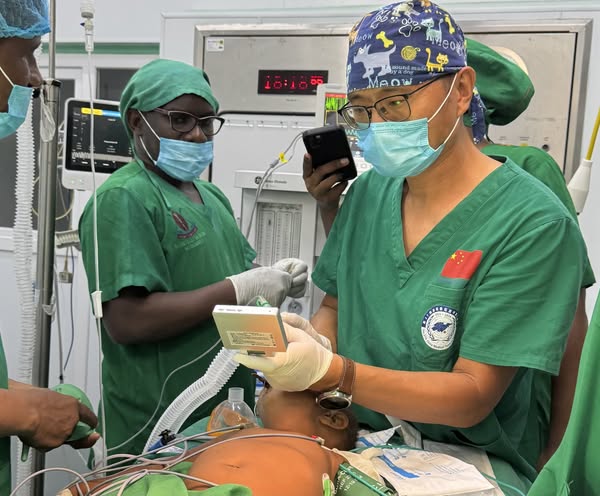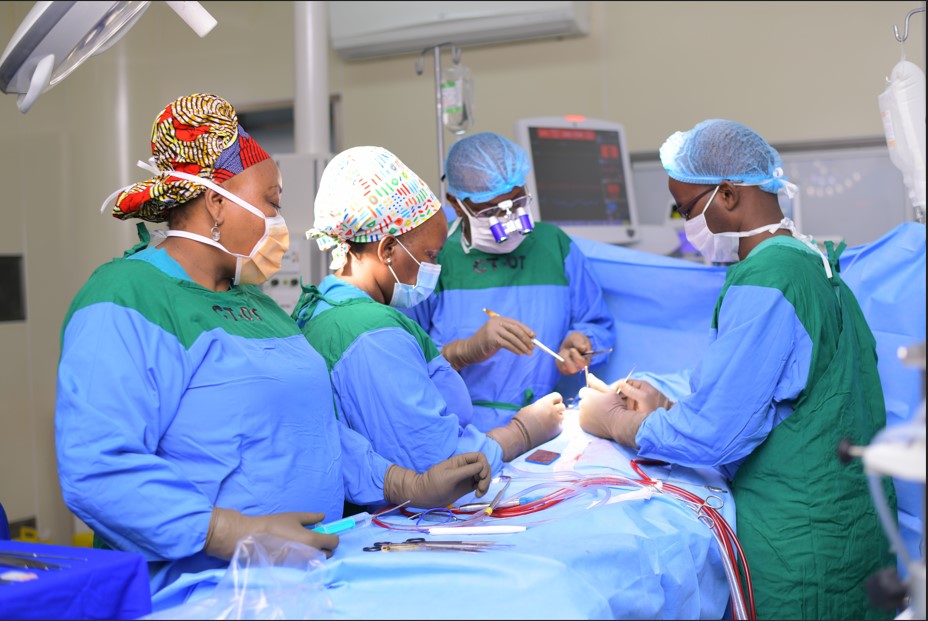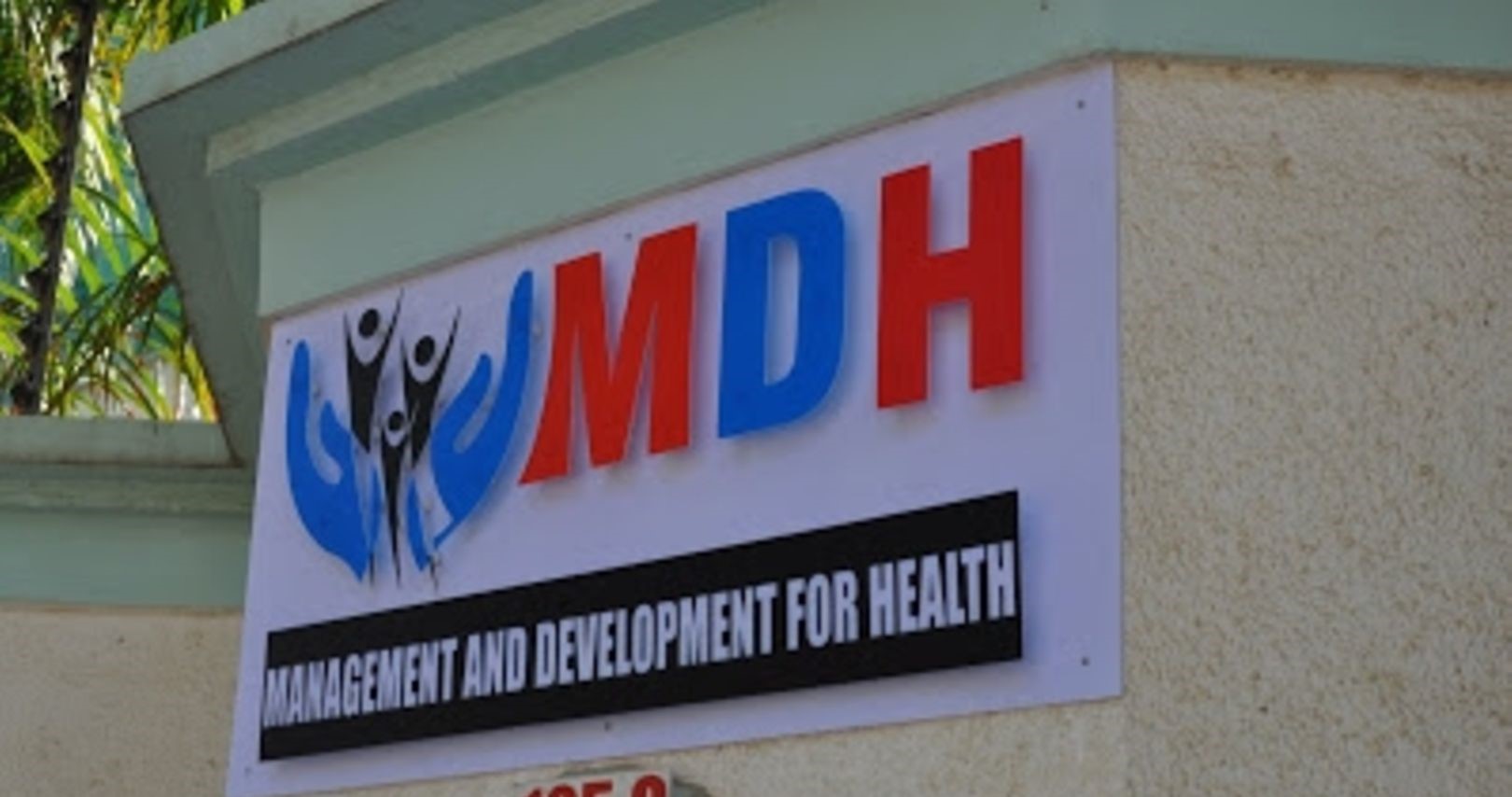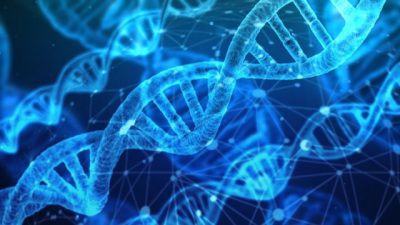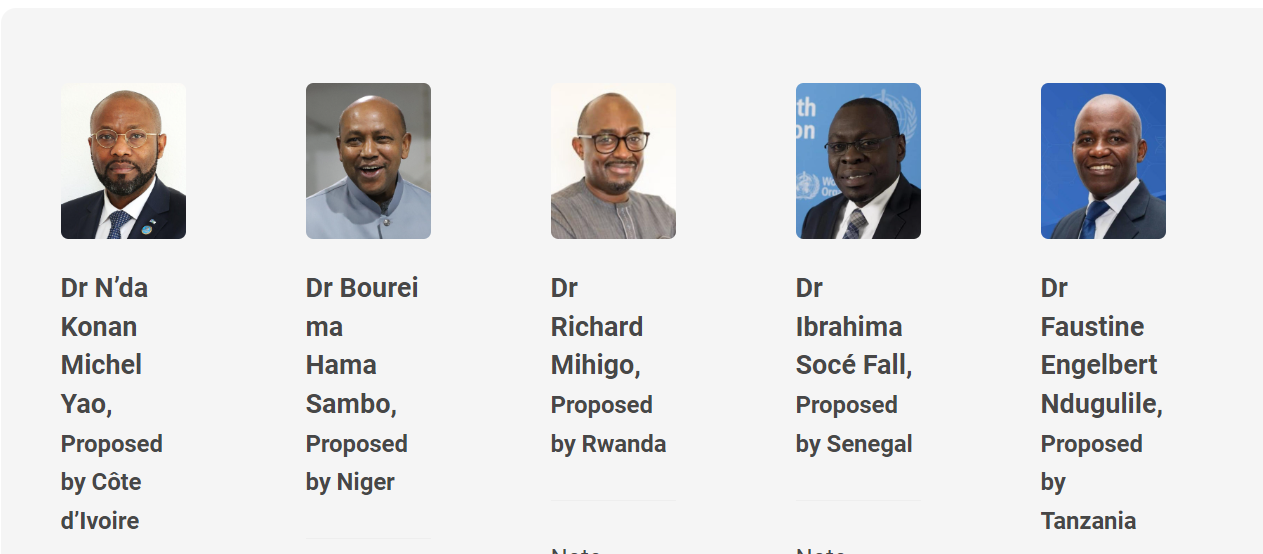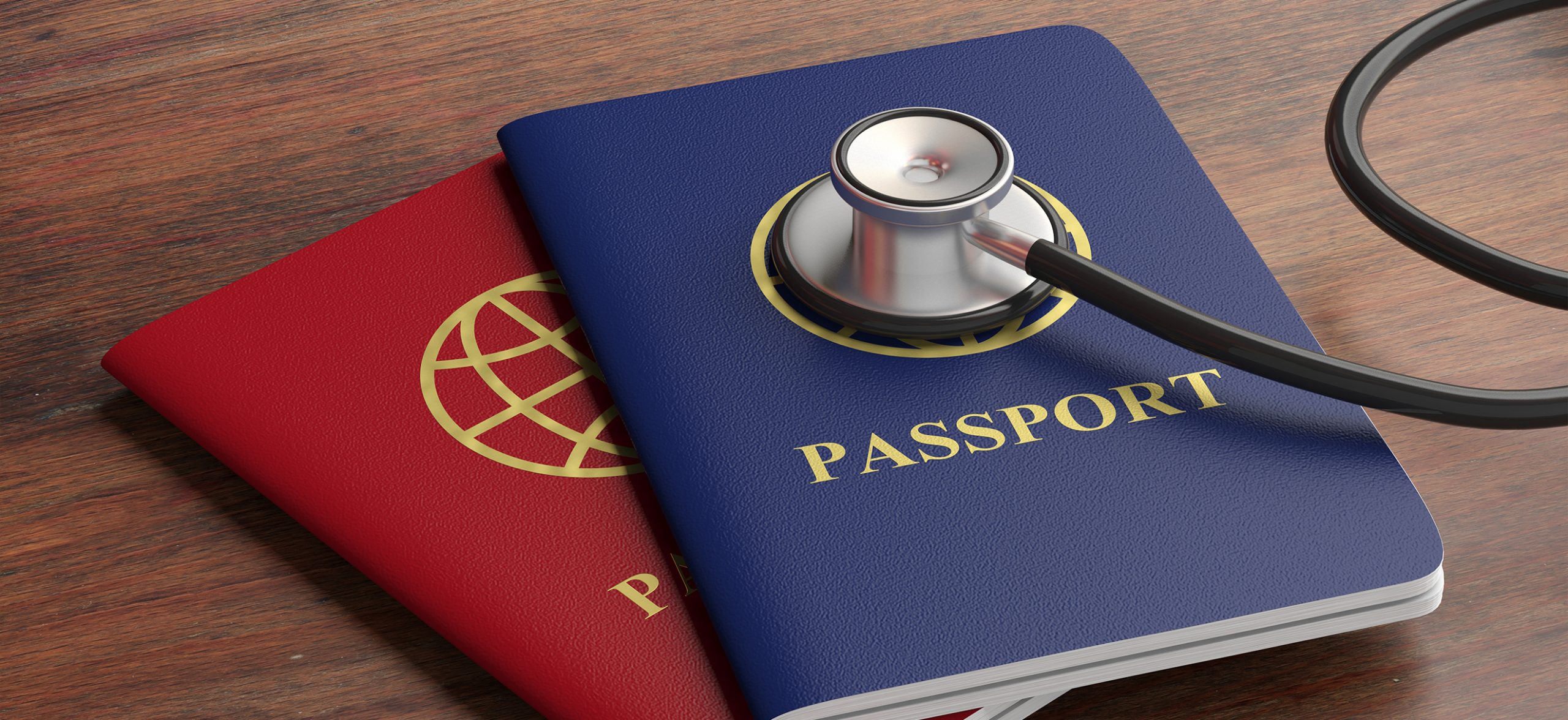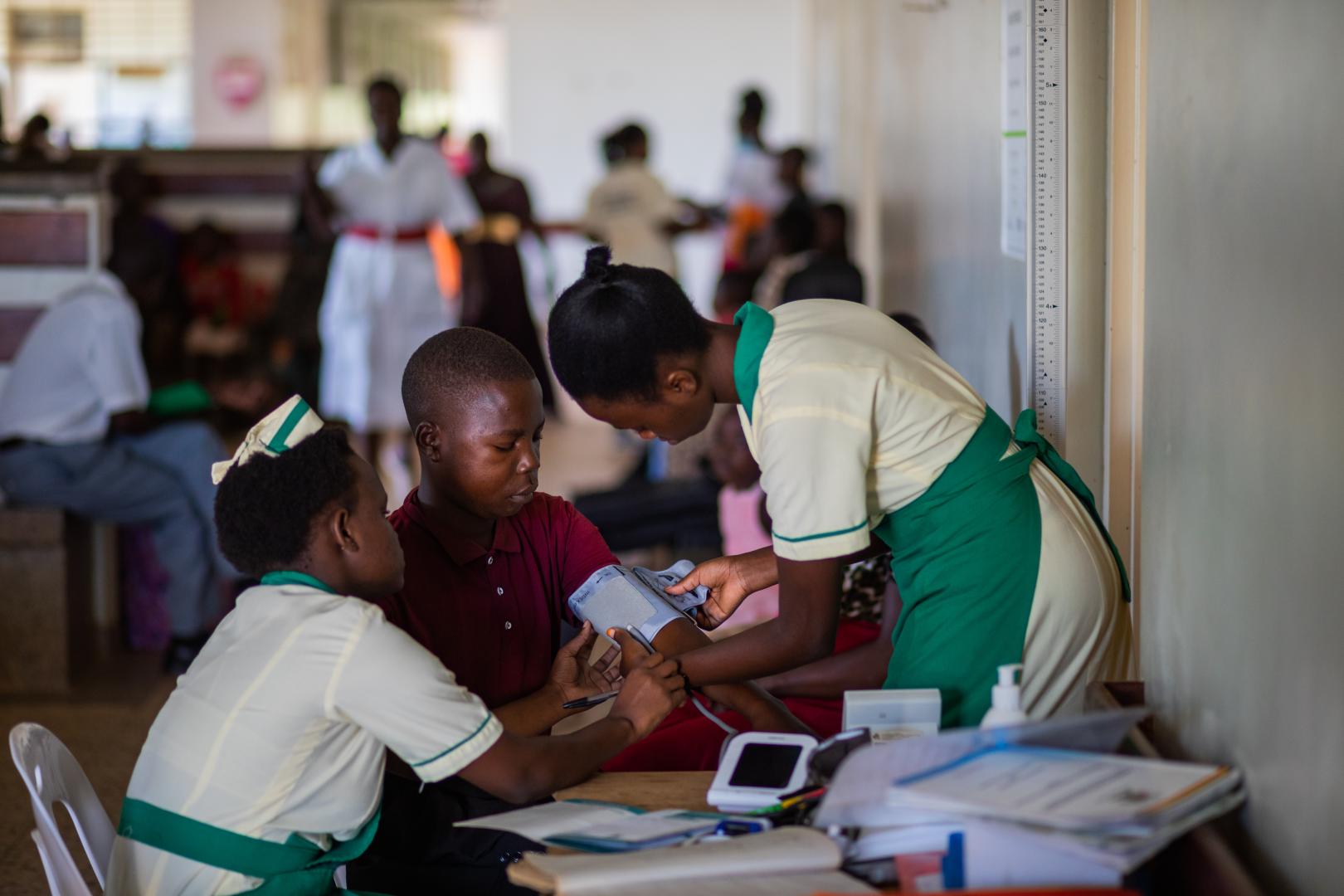Scientists working in the field of human genetics and policymakers from across Africa are expected to gather in Tanzania for the 13 th African Society of Human Genetics conference (AfSHG 2020).
The AfSHG2020 will take place in Tanzania for the first time in history—hosted by the Tanzania Society of Human Genetics(TSHG)—and it comes at a time when researchers are looking forward to changing the dynamics of human genetics and health in Tanzania, Africa and globally.
Read: Why Tanzania must boost research on human genetics
For details on what the conference entails, MedicoPRESS speaks to Mohamed Zahir Alimohamed, the Executive Board member of the African Society of Human Genetics. Excerpts:
MedicoPRESS: Why has AfSHG chosen Tanzania this time round?
Zahir: In the year 2017, I and my colleague Dr Siana, the co-founders of the Tanzania Society of Human Genetics conceptualized the formation of this organization at the 10th AfSHG conference in Cairo, Egypt and I was assigned to formally bid to host the 13th AfSHG conference in Dar es salaam, Tanzania for the year 2020. This was accepted in 2018 in Kigali, Rwanda. Tanzania was accepted in recognition of its dedication to science, a conducive environment to host the conference (political, economic and geographical factors) and the motivation expressed in realizing the importance of the field.
MedicoPRESS: How is this conference going to help boost human genetics in Tanzania?
Zahir: First of all, the conference will bring all stakeholders under one roof, which is a major achievement since this is the first time Tanzania will officially hold a genetics meeting. In addition, it is expected to create more awareness via media outlets. Furthermore, it will facilitate scientists who are in the field to present their work and important research findings that are crucial to policy making, therapy and preventive measures for the betterment of health in the country. And most importantly, it will allow researchers and stakeholders to discuss the importance of technology and genomics for implementing genetic testing and research as well as discuss challenges faced by scientists and the way to pave for the future. In addition to these, the conference is expected to generate various strategies in ensuring genetics education is implemented in universities throughout the country and ways to collaborate with international stakeholders in the areas of research, diagnostics, counselling, training and capacity building.
MedicoPRESS: One of the aims of the AfSHG is to diminish the widening information gap between African countries and the Western world. What are the possible ways this can be achieved through the conference?
Zahir: The AfSHG conferences attracts over 500 delegates from local and international institutes globally. Scientists discuss novel methods to investigate diseases, present unpublished and most recent findings via oral and poster presentations in specific sub-fields in genetics that are highly informative and greatly improve our knowledge and expertise for diseases prominent in the continent. In addition, via these conferences, new networks are established, initiatives announced, training and workshops for young researchers conducted as well as potential collaborations are discussed. The conferences are funded by NIH, Welcome Trust and other international organizations that bring in various opportunities for African scientists to attend training workshops abroad, funding for local research as well as continental collaboration of a specific disease such as Sickle cell disease consortium. The conferences bring in multiple career opportunities that can be instrumental to diminishing the information gap between African countries and the western world.
MedicoPRESS: What’s your advice to local scientists and policymakers in Tanzania regarding the conference and how they can exploit this chance?
Zahir: Attend the conference and support us in this initiative. This is a great opportunity and platform for local scientists to present their work, to learn from other scientists in the continent and the western world, to network, to establish potential collaborations, to discuss exchange of students for training, to understand the necessary mechanisms that need to be put in place for developing the correct infrastructure and capacity building, to engage in ethical discussions and debates, to understand the needs and challenges of the continent and play their part in providing solutions. Most importantly, how best can we leave a conducive environment and foundation for the future generations to come.


